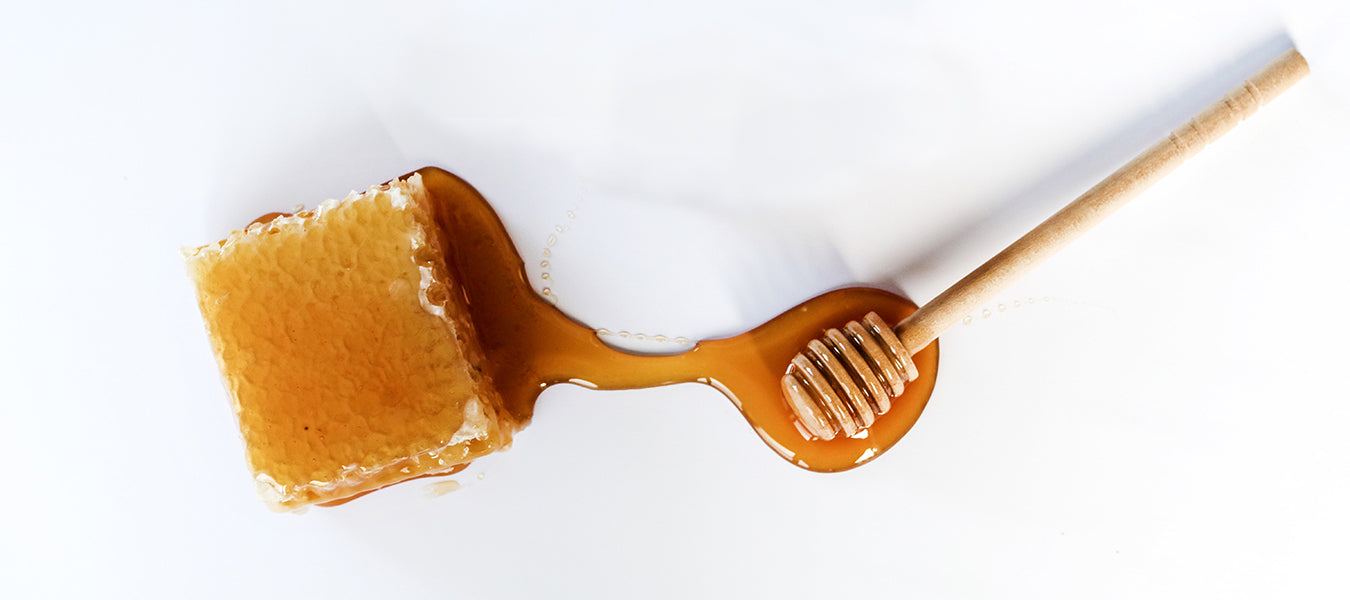
Honey's Health Benefits: A Comprehensive Guide
For millennia, honey has been revered not just as a natural sweetener but also as a powerful traditional medicine. From ancient civilizations to modern science, its therapeutic properties have been celebrated. But what exactly does this golden elixir do for your body, and how can you harness its myriad benefits? Let's dive deep into the health wonders of honey.
What Exactly Is Honey?
Honey is a viscous, sweet food substance produced by honeybees. These industrious insects collect nectar from flowers, which they then process and store within their honeycombs. Through a process of enzyme activity and fanning, water evaporates, resulting in the thick, golden liquid we know as honey. Its flavor, color, and nutritional profile are largely determined by the floral sources from which the nectar was collected.
It's important to differentiate between raw, unprocessed honey and commercially processed honey. Raw honey retains more of its natural enzymes, pollen, propolis, and antioxidants, which are often removed during pasteurization and filtration in mass production.
The Remarkable Health Benefits of Honey
Honey's unique composition contributes to a wide array of health benefits:
-
A Natural Source of Antioxidants: Honey is rich in various antioxidants, including flavonoids and phenolic acids. These compounds play a crucial role in protecting your cells from damage caused by free radicals – unstable molecules that can contribute to chronic diseases and aging. Regular consumption of honey, especially darker varieties, can contribute to your overall antioxidant intake, supporting cellular health and reducing oxidative stress.
- Potent Antibacterial and Antifungal Properties: One of honey's most celebrated attributes is its natural antibacterial and antifungal power. Its low pH, high sugar content (which creates an osmotic effect drawing moisture out of bacteria), and the presence of hydrogen peroxide (produced by an enzyme in honey) collectively make it a formidable opponent against various pathogens. This makes honey a valuable natural remedy for internal and external infections.
- A Traditional Remedy for Coughs and Sore Throats: For centuries, honey has been a go-to remedy for soothing coughs and sore throats. Studies have shown honey to be as effective, and sometimes even more effective, than common over-the-counter cough suppressants for relieving nighttime coughs in children (though not for infants under one year old due to the risk of botulism). Its thick consistency coats the throat, providing immediate relief, while its anti-inflammatory properties help reduce irritation.
- Promotes Wound Healing and Burn Care: The therapeutic use of honey for wound care dates back to ancient times. Modern research supports its efficacy, particularly for minor cuts, abrasions, and burns. Its antibacterial and anti-inflammatory properties, combined with its ability to create a moist healing environment, accelerate tissue regeneration, reduce infection risk, and minimize scarring. You can apply a thin layer of raw honey directly to cleaned minor wounds or burns and cover with a sterile dressing.
- Supports Digestive Health: While often overlooked, honey can contribute to a healthy digestive system. It acts as a prebiotic, nourishing the beneficial bacteria in your gut. Furthermore, its soothing properties can help alleviate symptoms of indigestion and soothe an irritated stomach lining. Some anecdotal evidence suggests it can help with mild cases of diarrhea.
- Nutrient Content (Trace Amounts): While honey primarily consists of sugars (fructose and glucose), it also contains trace amounts of vitamins and minerals, including niacin (B3), riboflavin (B2), pantothenic acid (B5), calcium, magnesium, potassium, zinc, and phosphorus. While not a primary source of these nutrients, their presence contributes to honey's overall nutritional profile.
How to Incorporate Honey into Your Daily Life:
- Sweetener: Use it as a natural alternative to refined sugar in teas, coffee, yogurt, and oatmeal.
- Dressings & Marinades: Add a touch of sweetness and depth to homemade salad dressings or meat marinades.
- Baking: Substitute sugar with honey in some recipes, adjusting liquids accordingly.
- Direct Consumption: A spoonful can soothe a sore throat or provide a quick energy boost.
- Topical Application: For minor cuts and burns, as described above.
Important Considerations about Honey:
Infants Under One Year: Never give honey to infants under one year old due to the risk of infant botulism.
Sugar Content: Despite its benefits, honey is still a form of sugar. Consume in moderation, especially if you have diabetes or are managing blood sugar levels
Source Quality: Opt for raw, unfiltered, local honey whenever possible to maximize its therapeutic benefits.
Allergies: While rare, some individuals may have an allergic reaction to honey.
Conclusion
Honey is truly a gift from nature, offering a delicious taste alongside a remarkable array of health benefits. From its antioxidant power and antibacterial properties to its soothing effects on coughs and its aid in wound healing, this "golden elixir" deserves a place in your pantry and your natural health toolkit.
Ready to explore more natural health solutions? Explore the incredible benefits of Liquid Health Liquid Vitamins and Supplements.


Leave a comment